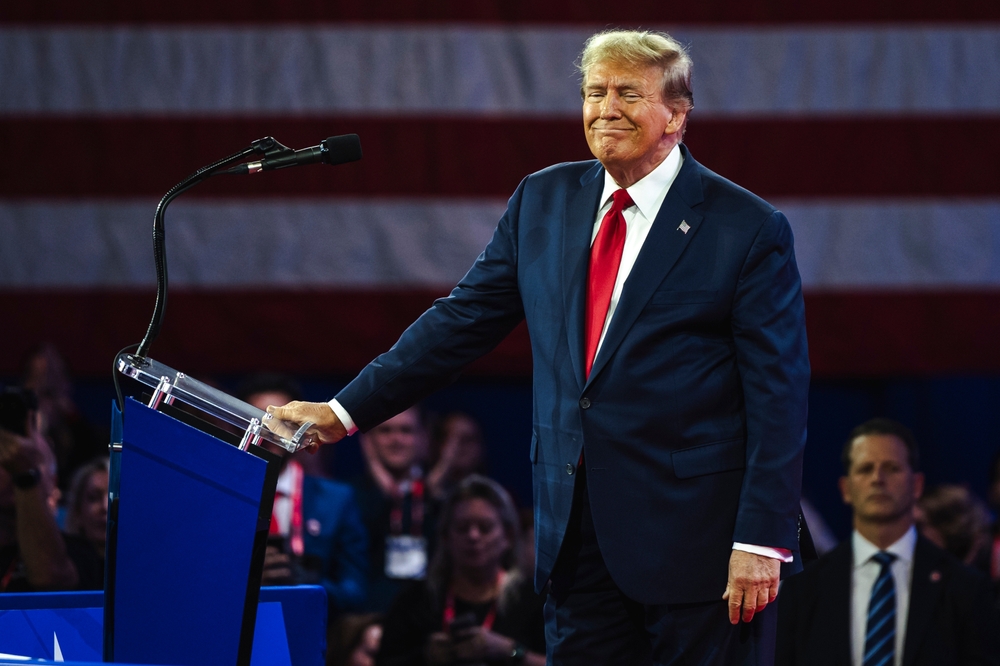Harvard vs. Trump: The Battle to Save America’s Brainpower
In a dramatic showdown emblematic of broader national tensions, Harvard University has filed a lawsuit against the Trump administration after a controversial policy threatened to bar international students from staying in the U.S. if their courses moved online due to the COVID-19 pandemic. This abrupt decision sent shockwaves through academia, drawing sharp criticism from educators, economists, and civil rights advocates alike.
At the heart of this legal battle lies a fundamental question: What kind of nation does the United States want to be—one that welcomes global talent or one that turns it away at the border?
The Policy That Sparked Outrage
In July 2020, Immigration and Customs Enforcement (ICE), under the Trump administration, announced that international students enrolled exclusively in online classes would not be allowed to remain in the U.S. This forced universities like Harvard and MIT—who had already shifted courses online for public safety reasons—to choose between reopening their campuses prematurely or losing a significant portion of their student body.
The reaction was swift and unyielding. Harvard, joined by MIT, filed a lawsuit against the federal government, calling the move "cruel" and "reckless." The complaint argued that the policy placed universities in an impossible situation and risked the education and well-being of thousands of students.

What Harvard Stands to Lose
The potential impact on Harvard—and institutions like it—is enormous. International students make up around 27% of Harvard’s graduate student population according to The BBC and are a vital part of its intellectual fabric. They are researchers, innovators, and future leaders. Banning them jeopardizes Harvard’s global reputation and undermines the very idea of higher education as a melting pot of ideas and cultures.
Moreover, the economic impact cannot be overstated. International students contribute over $40 billion annually to the U.S. economy, and many remain to become highly skilled workers, entrepreneurs, and residents who pay taxes and enrich American communities.

Harvard President
The Bigger Picture: A Brain Drain in the Making
This policy signals more than just a visa issue—it marks a retreat from global engagement. For centuries, America has attracted the world’s brightest minds. By closing its doors, the U.S. not only risks losing this talent but also ceding educational dominance to countries like Canada, the U.K., and Germany, who are actively welcoming international students with open arms.
The message being sent is clear: if you're not American, you're not welcome. And in Harvard’s case, this could mean an elitist, inward-looking institution, detached from the global discourse that once defined it.
What We Lose Without International Students
-
Workforce Talent: International students often fill critical roles in STEM fields, healthcare, and academia. Many stay, start companies, and generate jobs.
-
Diversity of Thought: Exposure to different cultures and perspectives is essential for critical thinking and innovation.
-
Cultural Exchange: These students enrich campus life, challenging stereotypes and broadening horizons.
-
Economic Benefit: They pay full tuition, rent apartments, buy food, and contribute to local economies.
-
Educational Integrity: The presence of international scholars raises academic standards and expands global research partnerships.
Related: Selective Sympathy: Trump’s Immigration Bias Laid Bare
Related: Trump Takes a Detour: South Africa Meeting Spirals Off Script
Conclusion
Harvard’s lawsuit is more than a defense of its student body; it’s a stand for the principles that built America’s global academic leadership. If universities like Harvard are forced to become “Americans only” institutions, we risk turning our back on progress, innovation, and humanity itself.
Banning international students isn’t just shortsighted—it’s self-destructive. America doesn’t just lose students. It loses future workers, neighbors, taxpayers, and leaders. Harvard knows this. Let’s hope the country remembers it too.












